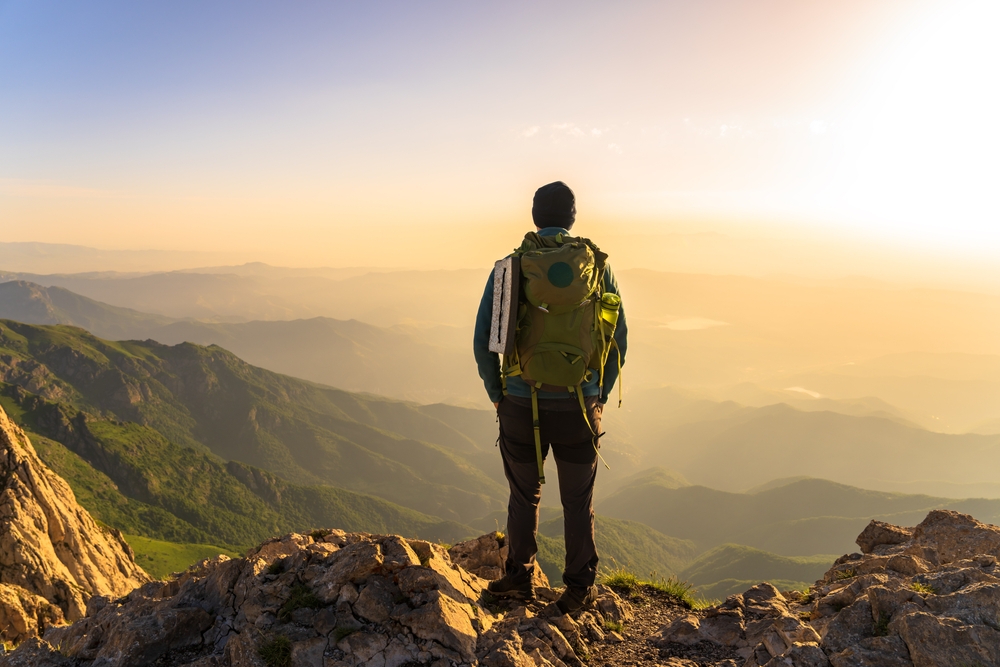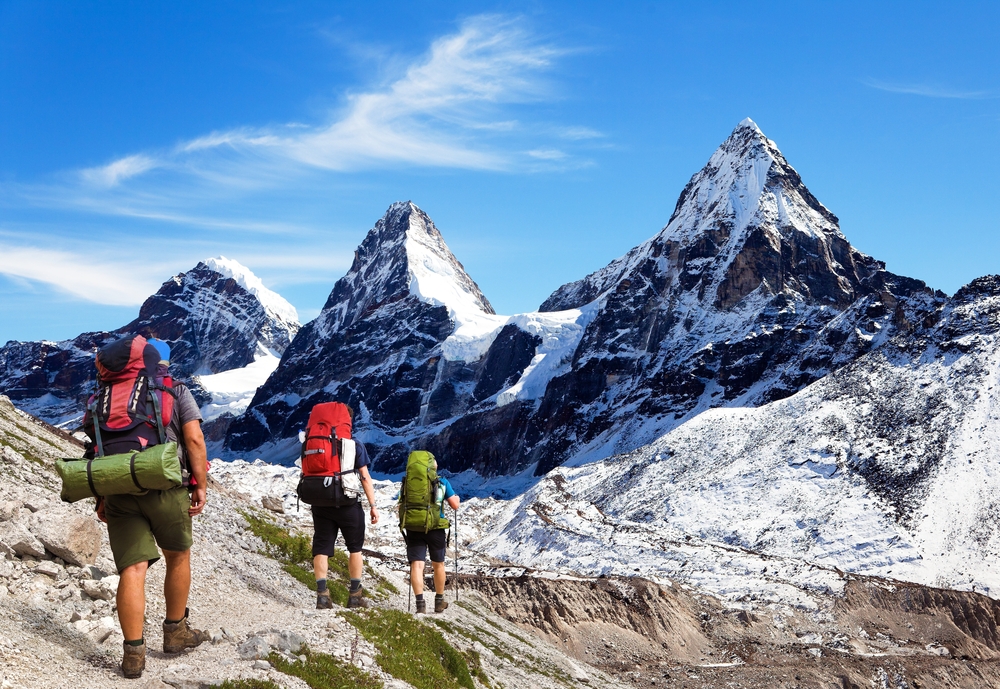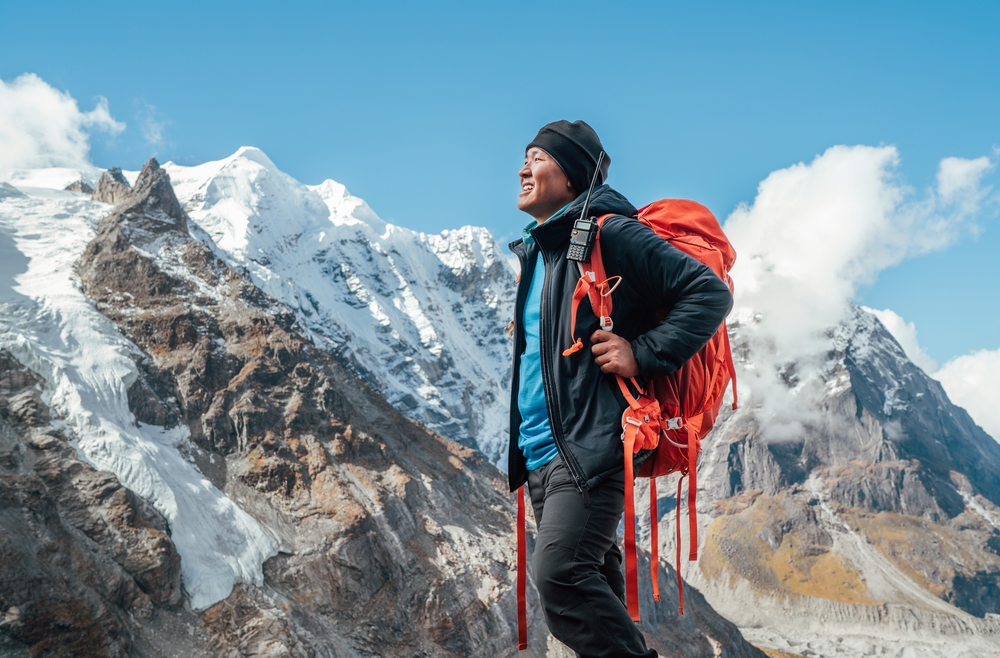Have you ever dreamt of standing atop a majestic peak, feeling the rush of victory as you conquer a mountain? A mountain expedition can bring incredible joy and unforgettable memories.
However, the thrill of reaching the summit comes with its risks. From unpredictable weather to challenging terrains, knowing how to stay safe is crucial.
In this blog post, you’ll discover essential tips for navigating a mountain expedition, ensuring your adventure is both enjoyable and secure.
Preparing for Your Adventure
Before embarking on your journey, preparation is key. Start by researching your chosen route. Look for detailed maps and guides to understand the terrain.
Check the mountaineering guide specific to the area you will visit. It can help you identify potential hazards and plan your days accordingly. Remember, being informed is a vital step in staying safe.

Choosing the Right Gear
Having the right equipment can make a significant difference in your safety. Invest in quality peak mountaineering gear. This includes sturdy hiking boots, layered clothing, and a reliable backpack.
Don’t forget to pack water purification tools, a map, and a compass. Your gear should be suited for the specific conditions you expect to encounter.
When choosing the right gear, consider the climate and terrain of your climb. Conduct thorough research to understand the demands of the environment and select equipment that provides the best protection and functionality.
Opt for gear from reputable brands known for durability and reliability. Prioritize comfort and fit to ensure you can move freely and enjoy your adventure without unnecessary discomfort. Remember, investing time in selecting the right gear will pay off in your overall safety and experience.
Understanding Weather Conditions
Weather can change quickly in the mountains. Always check forecasts before you go. If you are hiking in areas like Kilimanjaro, being aware of Kilimanjaro weather patterns is essential.
These conditions can significantly influence your expedition. For example, you may face sunny skies in the morning but sudden rain in the afternoon. Be prepared for all types of weather to ensure your safety.
Understanding weather conditions not only helps in planning your gear and clothing but also aids in making crucial decisions during your hike. Recognizing signs of an impending storm or temperature changes can be vital.
This knowledge enables you to take proactive measures, such as altering your route or timing, to avoid dangerous situations and ensure a successful and enjoyable adventure.
Stay Hydrated and Nourished
Proper hydration and nutrition are crucial during mountain treks. Carry enough water to keep you hydrated. Dehydration can lead to fatigue and poor decision-making.
Pack energy-rich snacks to maintain your strength throughout the trek. Simple items like nuts, dried fruits, and energy bars can be lifesavers on long hikes.
Acclimatization is Key
When trekking at high altitudes, acclimatization is vital. Give your body time to adjust to the thinning air.
Climb slowly and listen to your body. If you experience symptoms like headaches or nausea, descend to a lower altitude. Taking the time to adapt can prevent serious altitude sickness.
Adequate rest is also important, as your body needs time to recover each day. Consider incorporating acclimatization days into your itinerary, where you spend an extra day at a particular altitude to better adjust. This proactive approach can significantly enhance your trekking experience and safety.
Travel in Groups
Safety in numbers is a solid principle to follow during a mountain expedition. If possible, hike with a group of friends or fellow adventurers.

Not only can this provide support during tough times, but it also enhances your overall safety. If someone gets injured or lost, having others can make a significant difference.
Know Your Limits
One of the most important mountain trekking tips is to know your limits. While pushing yourself can be rewarding, it’s essential to recognize when to turn back.
If you’re feeling tired or uncertain about the trail, it’s okay to stop. Remember, the mountain will still be there for another day.
Understanding your boundaries also involves proper preparation and self-awareness. Make sure you’re physically conditioned for the trek and have the necessary gear to tackle the journey.
Listen to your body and be mindful of the weather conditions, as they can change rapidly in the mountains. By acknowledging your limits and making informed decisions, you ensure a safer and more enjoyable trekking experience.
Navigation Skills
Great navigation skills are vital during any mountain expedition. Familiarize yourself with using a map and compass. Digital tools can be helpful, but don’t rely solely on them.
Technology can fail, and knowing how to navigate without it is an invaluable skill. Make sure your group members have basic navigation knowledge too.
Emergency Preparedness
Prepare for emergencies by knowing basic survival skills. Learn how to make a shelter, signal for help, and provide basic first aid. In case something goes wrong, these skills can be lifesavers.
Also, always inform someone about your itinerary before you leave. This way, if you do not return as expected, help can be dispatched sooner.
Additionally, it’s crucial to assemble an emergency kit that includes essential items such as a flashlight, extra batteries, a whistle, a first aid kit, non-perishable food, and water. Keep this kit in a readily accessible location and ensure it is up-to-date.
Regularly review and practice your emergency plan with family or travel companions so everyone knows what to do in different scenarios. Being prepared can make a significant difference in how effectively you respond to unexpected situations.
Enjoy the Journey
Finally, remember that a mountain expedition is not just about reaching the summit; it’s about enjoying the journey. Take time to appreciate the beauty around you.
Breathe in the fresh air, admire the views, and cherish every moment. The experience and memories you create are just as important as the destination.
Get Ready for Your Next Mountain Expedition
As you prepare for your mountain expedition, keep these safety tips in mind. From understanding the weather to knowing your limits, each step you take raises your chances of a safe and enjoyable adventure. By following these guidelines, you’re setting yourself up for success on the mountain.





